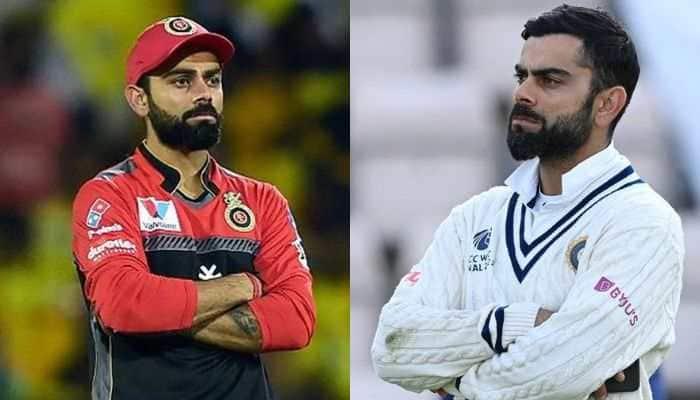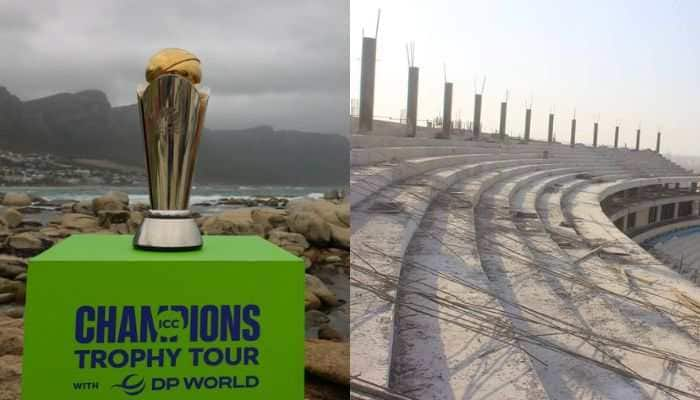Ayodhya case: SC reserves right to decide on demand for constitution bench
The bench is hearing the case after several Muslim parties have asked for a reconsideration of Faruqui's verdict that the mosque is not a necessary part in Islam to offer prayer to God.
Trending Photos
)
New Delhi: The Supreme Court on Friday reserved its order on whether the 1994 three-judge bench judgment of the court in the M Ismail Faruqui case on the Ayodhya Ram Janmabhoomi should be referred to a constitution bench for reconsideration. The bench is hearing the case after several Muslim organisations asked for a reconsideration of Faruqui's verdict that the mosque is not a necessary part in Islam to offer prayer to God.
During the hearing by the three judges, headed by Chief Justice of India (CJI) Deepak Misra, there was a heated debate between the lawyers of Hindu and Muslim parties.
In the previous hearing, the lawyer representing the Hindu side had objected to the use of the words 'Hindu Taliban' by the lawyer of the Muslim party Rajeev Dhavan and said that the use of such terms in the court should be discouraged. However, senior advocate Rajeev Dhavan said that he is firm on his point of view.
Dhawan had said that on December 6, 1992, those who demolished the Babri Mosque were "Hindu Taliban" like the Muslim Taliban who had demolished Buddha's statue in Bamiyan, Afghanistan.
CJI Misra objected to the language used and asked Dhavan to keep in mind the dignity and language of the court. But Dhavan refused to agree with him and said that he has the right to disagree.
During the last hearing, UP Shia Central Waqf Board had said that Babri Masjid was made by Mir Baki who was a Shi'ah and so the board has right over it. It further added that to maintain unity, peace and good faith it would give one-third to the Ram temple. However, the board opposed that there should be a reconsideration of Faruqui's verdict.
On the other hand, Rajeev Dhavan on behalf of the original appellant Jameet Ulema Hind K M Siddiqui, argued for reconsideration of the verdict.
Stay informed on all the latest news, real-time breaking news updates, and follow all the important headlines in india news and world News on Zee News.
Live Tv







)
)
)
)
)
)
)
)
)
)
